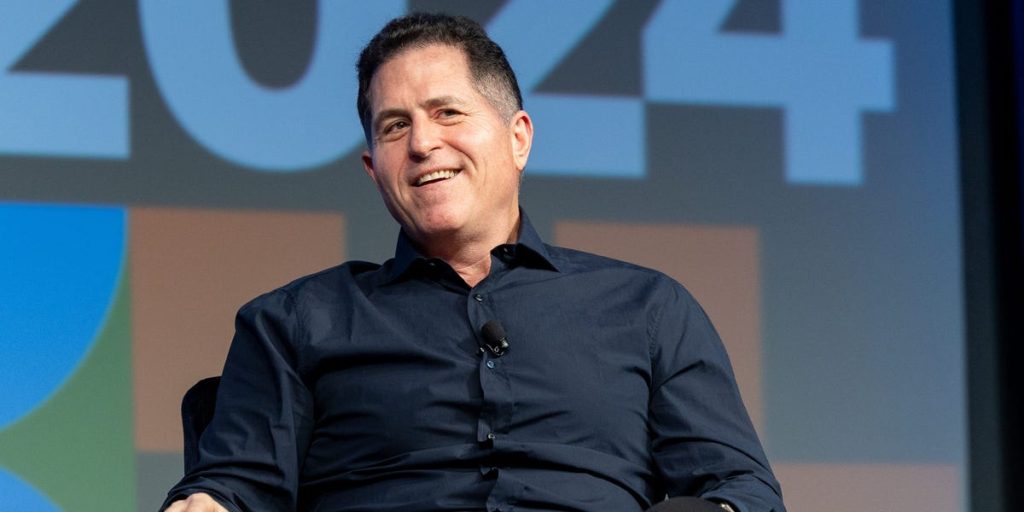Michael Dell says the cost of Meta’s AI hiring blitz won’t just be the eye-watering pay packages being doled out. It will show up in the queue of disgruntled employees lining up outside Mark Zuckerberg’s office, demanding a fair shake.
“It’ll be a challenge culturally for sure,” Dell said in an interview on the BG2 podcast with hosts Bill Gurley and Brad Gerstner that aired Thursday.
Dell said the unhappiness and resentment Zuckerberg may face from existing employees over their new colleagues’ generous salaries could end up as a distraction for Meta.
“People generally have a sense of fairness, right? They want to be treated fairly relative to others and relative to the opportunities that they have out there in the overall market. If they feel that they’re not treated fairly, that’s going to be a problem,” Dell said.
Meta has been aggressively building up its AI team by poaching talent from rivals like OpenAI and Google. Last month, the social media giant said it made a $15 billion investment in data-labeling firm ScaleAI.
As part of the deal, ScaleAI’s founder and CEO, Alexandr Wang will join Meta as its Chief AI Officer. Additionally, Wang will co-lead Meta Superintelligence Labs with Nat Friedman, Github’s former CEO.
Dell isn’t the only one who sees issues with Meta’s AI hiring spree.
OpenAI chief Sam Altman said in a podcast interview that aired last month that he found it “crazy” that Meta was promising $100 million signing bonuses to his employees.
“The strategy of a ton of upfront guaranteed comp and that being the reason you tell someone to join, like really the degree to which they’re focusing on that and not the work and not the mission, I don’t think that’s going to set up a great culture,” Altman said.
Altman’s view was echoed by former OpenAI board member, Helen Toner. Toner, who left OpenAI’s board in November 2023, said in an interview with Bloomberg last week that “it’ll be difficult” for Meta to find success with their new AI hires.
Related stories
“There’s a lot of organizational politics at play,” Toner said, adding that Meta will have to reckon with clashing egos within the company.
“The question will be, in part, can Mark Zuckerberg, if this is his big personal project, is that enough to change their organizational dynamics,” she added.
But not everyone is as dour about Meta’s odds for success. Reid Hoffman, who cofounded LinkedIn and was formerly on OpenAI’s board, said it makes economic sense for companies like Meta to spend so much on their AI talent.
“If you invent the thing that essentially, for example, in my own startup Manas, is trying to cure cancer, transforms industries, and if you think this individual is the one to do it, then it begins to get more economic rational,” Hoffman told CNBC on Wednesday.
Dell made a similar point in his interview with Gurley and Gerstner, noting that Meta can afford to make such a bet on AI.
“If you reduce this down to a race to superintelligence or something along those lines, the size of the prize is tremendous. And they do have an incredible business that is aided by these advancements in a big way,” Dell said.
“There aren’t a whole ton of companies that can go do this,” he added.
Representatives for Dell and Meta did not respond to requests for comment from Business Insider.


